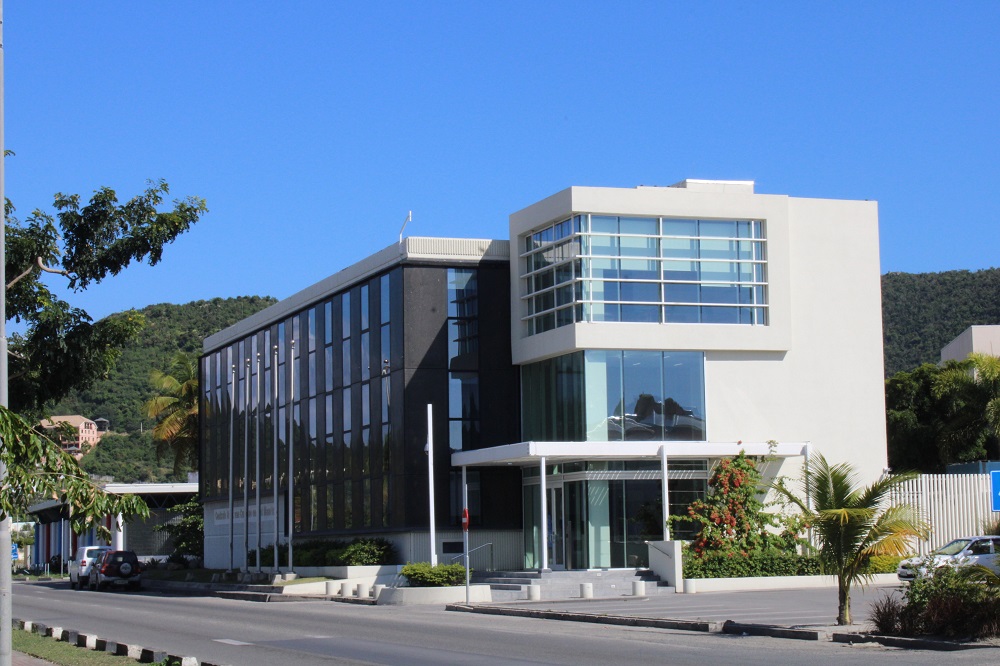Central Bank issues wake-up call for climate change

PHILIPSBURG — Politicians ought to wake up to the threats posed by climate change, it appears from the Central Bank’s latest economic bulletin. Richard Doornbosch, the president of the Central Bank of Curacao and St. Maarten (CBCS) writes that St. Maarten needs “to develop a comprehensive national climate adaptation strategy that should be integrated in the government’s long-term planning and fiscal framework.”
This climate change-strategy should include the development of investment in climate-resilient infrastructure, Doornbosch writes. Other issues that require attention are the collection of new data and collaboration between local and international stakeholders to exchange existing data that are relevant to assess climate change risks and to measure its economic impact.
St. Maarten should also implement an education strategy that creates more awareness, sensitivity and responsibility of society regarding climate change and environmental sustainability. There is still more the country should do. Doornboch mentions efforts to accelerate the transition to renewable energy by tapping into possibilities offered by sea, sun and wind.
The CBCS-president is clearly of the opinion that politicians do not pay proper attention to the (future) risk climate change poses to the economy and therefore to the wellbeing of citizens. “St. Maarten should put climate change, and specifically climate change adaptation, higher on its policy agenda. The extent of damages caused by climate change in the future depends on the policy choices we make today.”
The bulletin notes that economic growth in St. Maarten slowed down from 9.8 percent in 2022 to 3.8 percent in 2023. The bank projects 3 percent growth form 2024, and by 2027 growth is expected to decrease to 1.6 percent.
St. Maarten’s budget deficit will drop to 1.8 percent of Gross Domestic Product (GDP) in 2024 and ease to 0.5 percent in 2027. In 2027 the debt to GDP ratio will drop to 35.9 percent.
At the same time, the bulletin points out that extreme weather events remain a permanent downside risk for the economic outlook. Doornbosch writes that the damages caused by Hurricane Irma in 2017 exceed 3.7 billion guilders ($2 billion) and that the liquidity loans the country received to survive this disaster represent 13 percent of the national debt.
In a report on Caribisch Netwerk about this issue Rob van den Bergh of Curconsult is quoted as saying; “This report is a signal to politicians who think mostly about today and tomorrow and not about the situation 25 years from now.”
Van den Bergh states that the governments of Curacao and St. Maarten have paid insufficient attention to climate change. “They have underestimated future problems like hurricanes, rain and floods.”
The consultant points out that there are plans in the pipeline for Bonaire, Saba and Statia but that politicians in Aruba, Curacao and St. Maarten do relatively little. “So if you want to keep your feet dry, you should emigrate to Bonaire.”


























